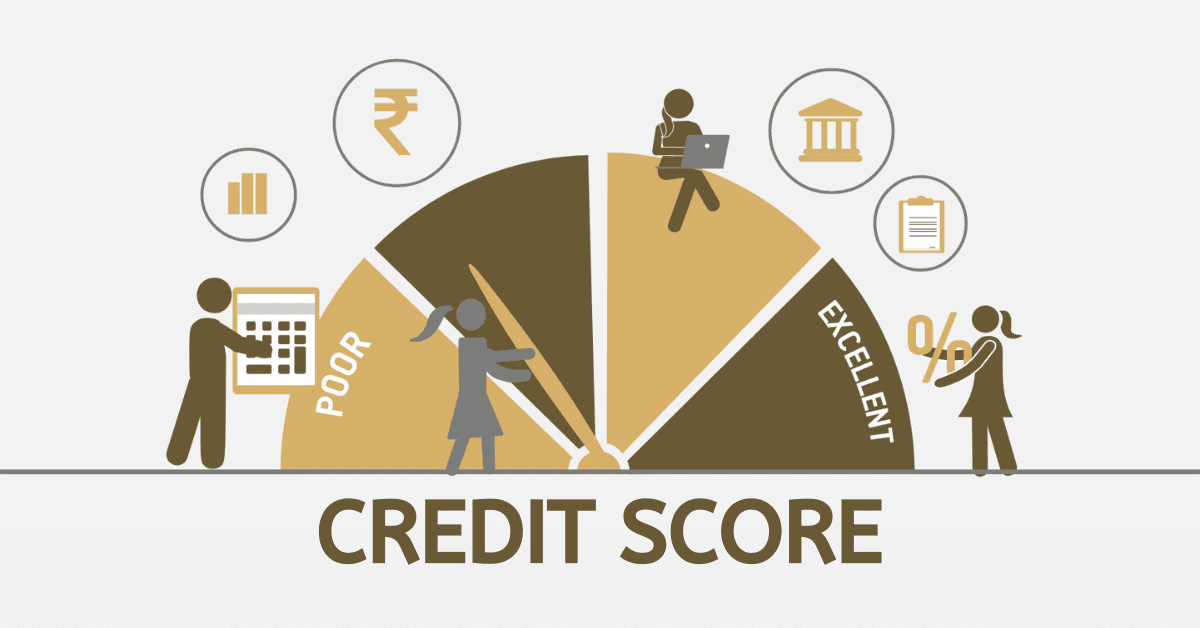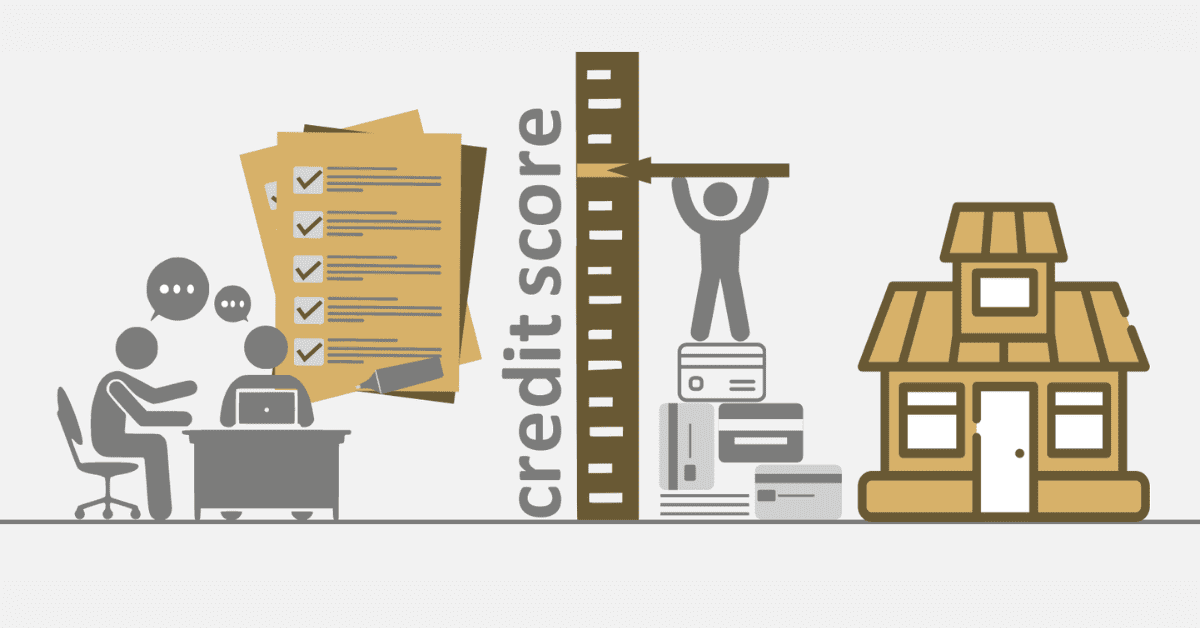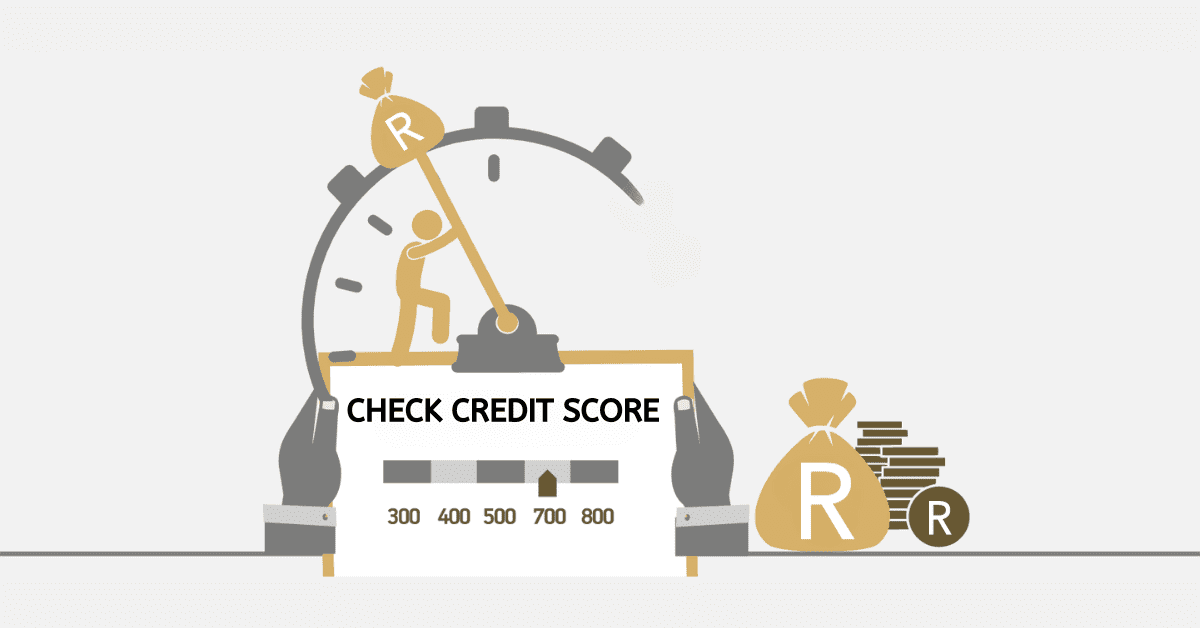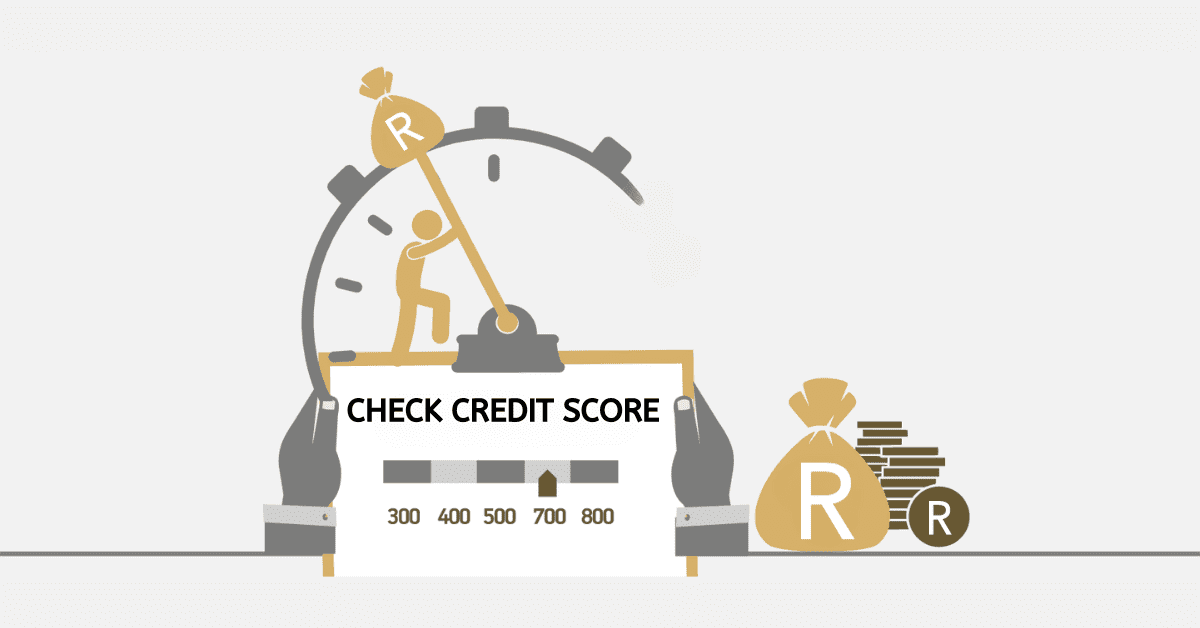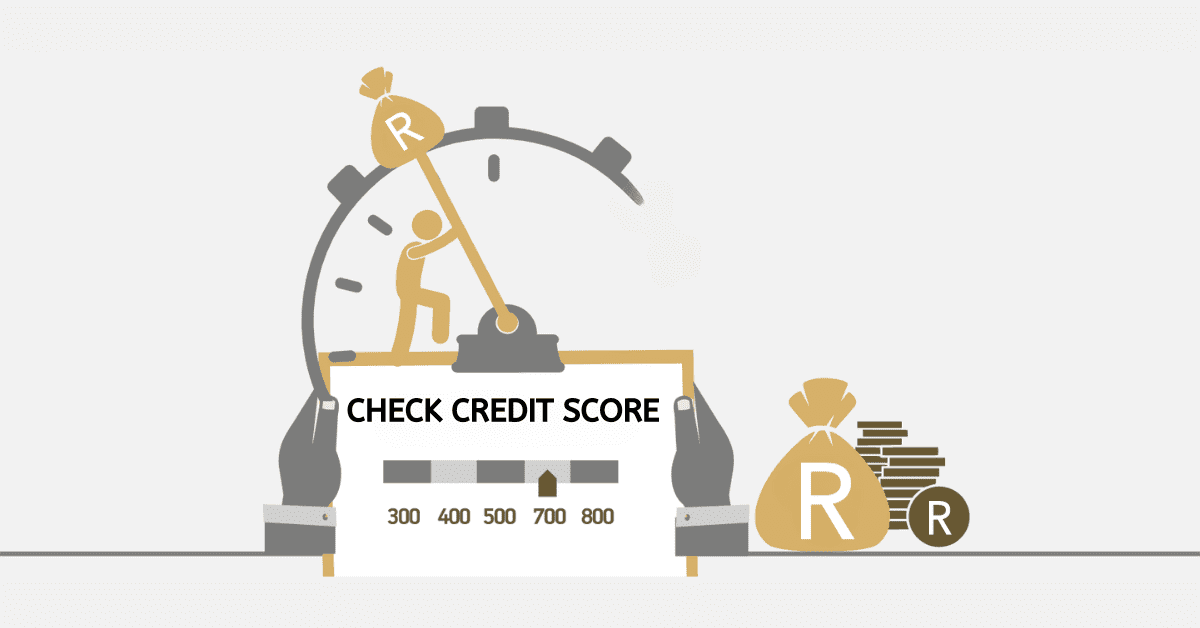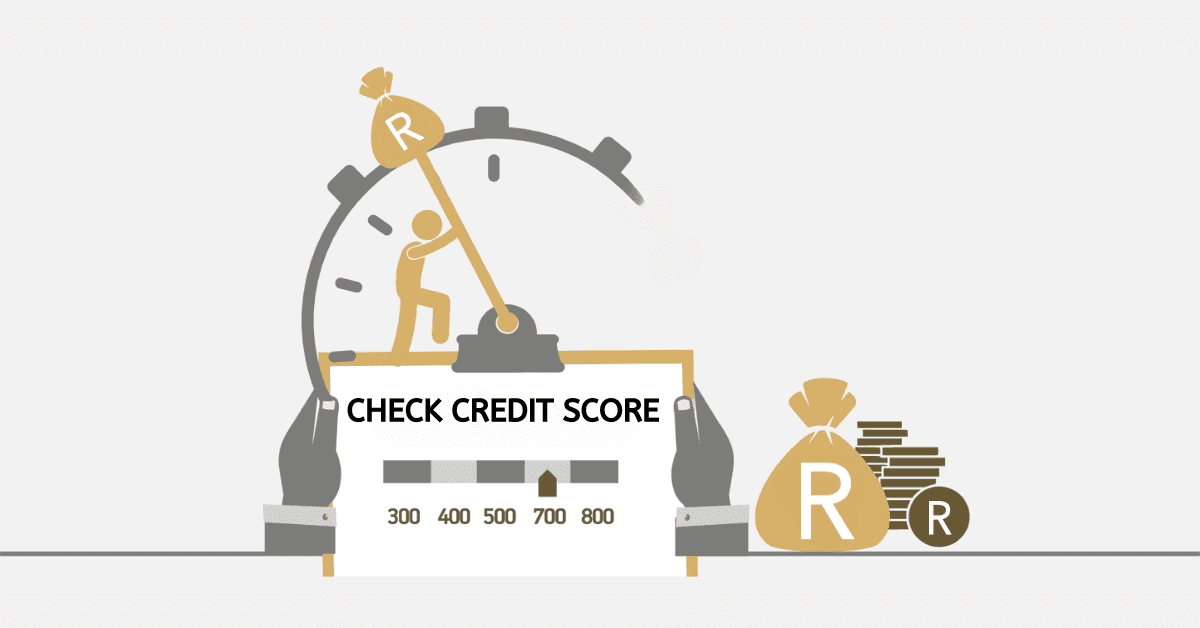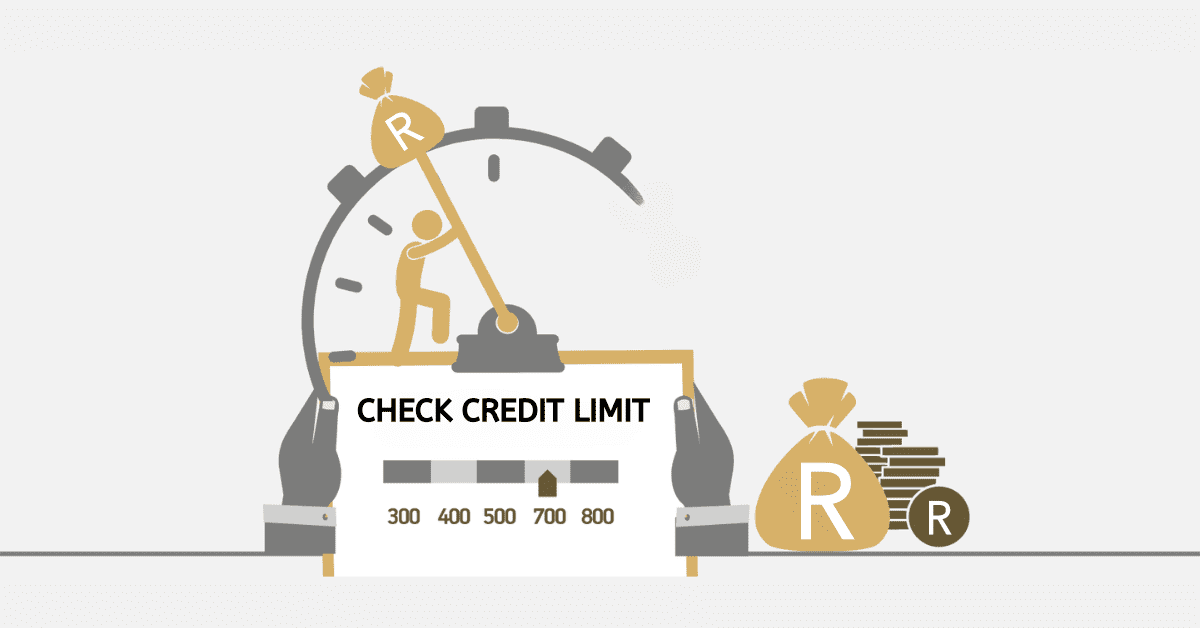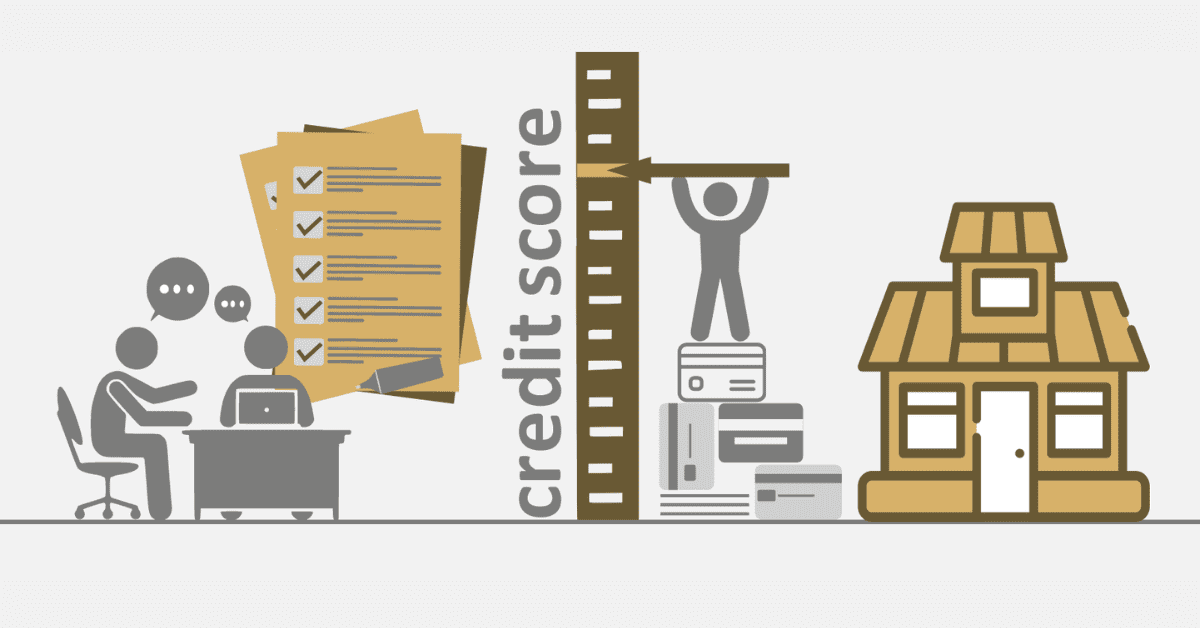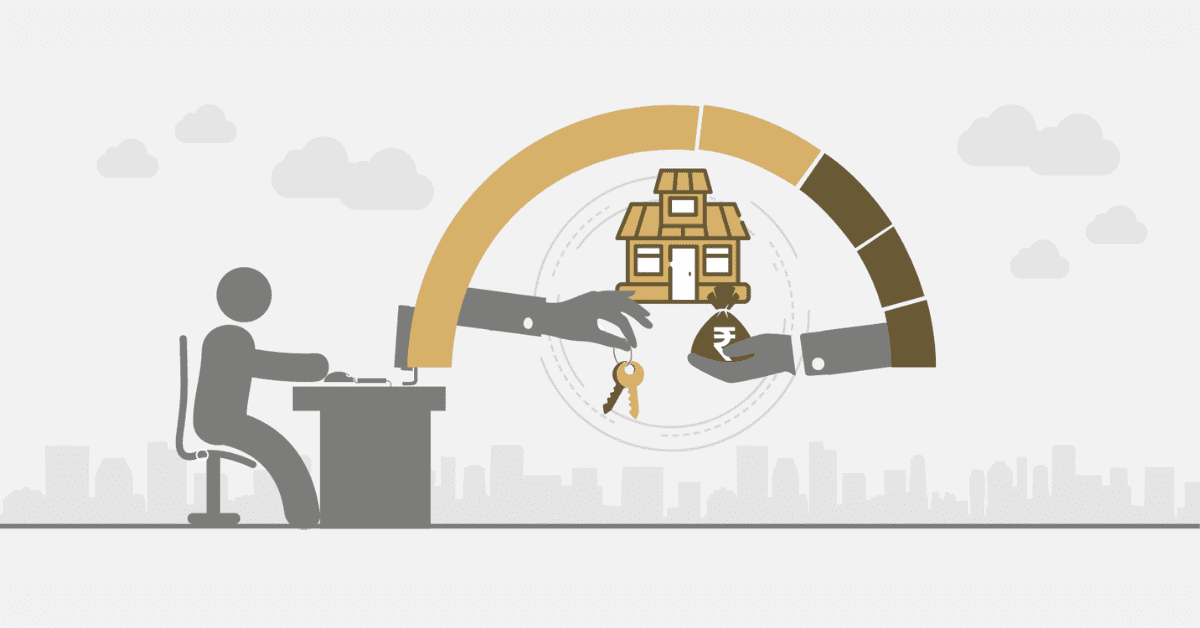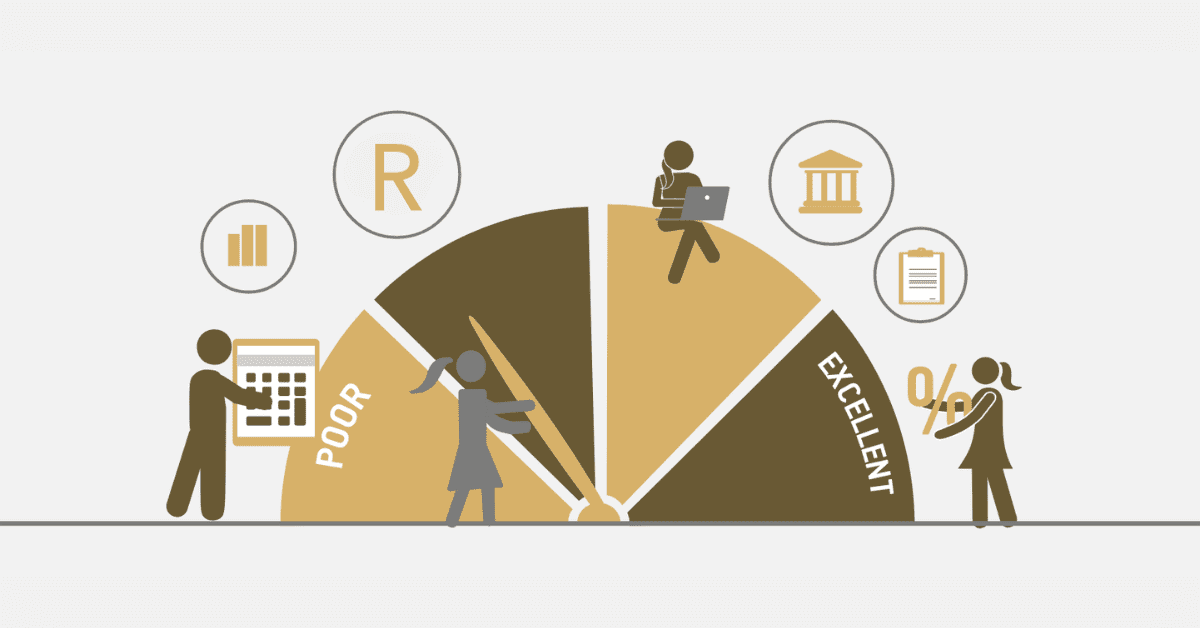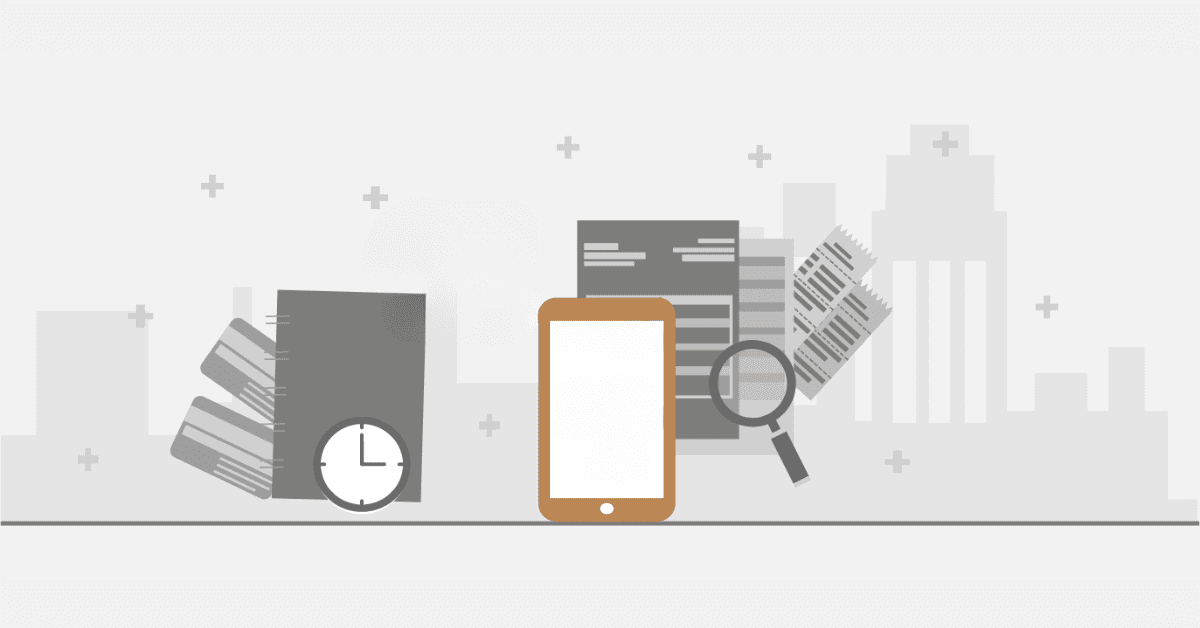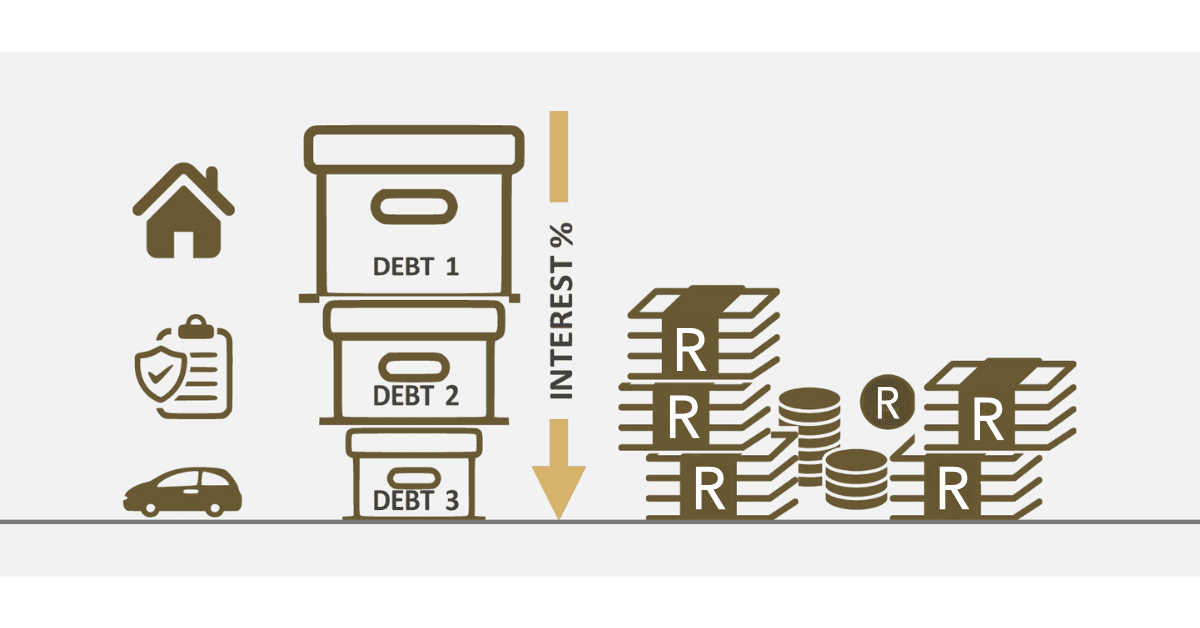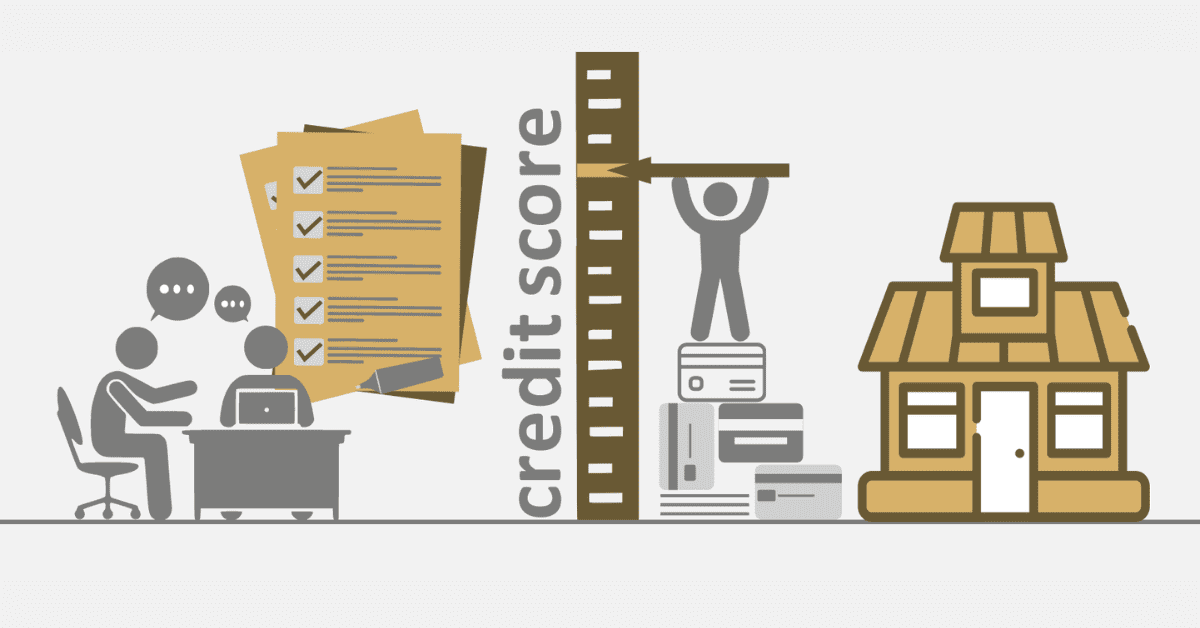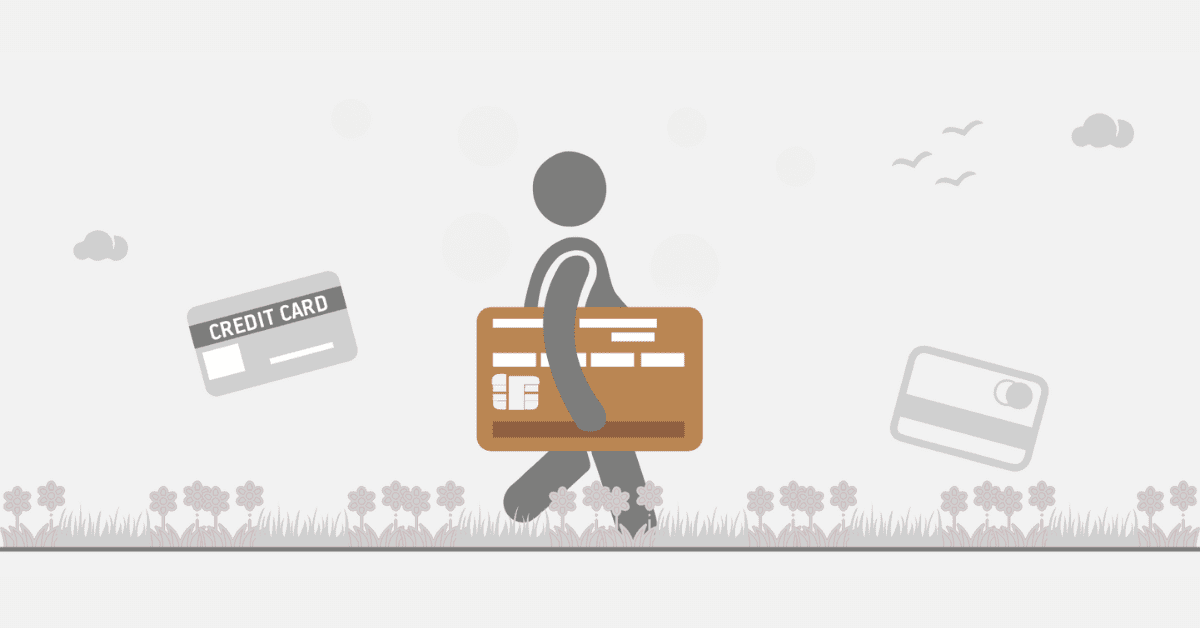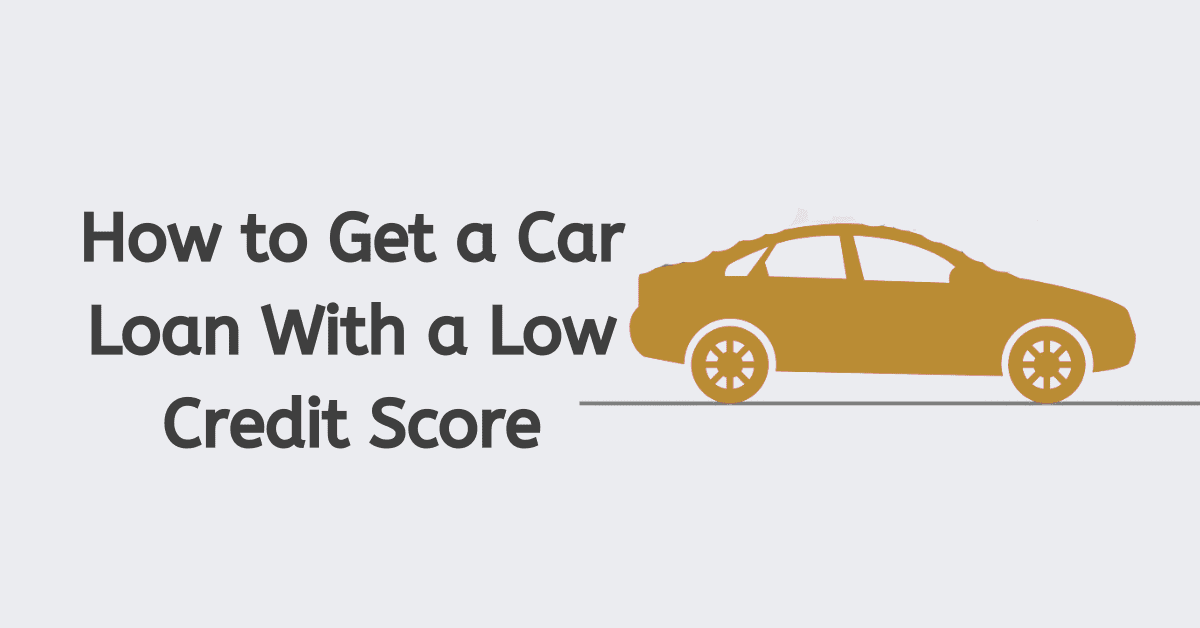A loan rating is probably one of the most pivotal things to know in a world driven by the digital age. It is one of the key determinants that financial institutions consider while you are out for credit. But do you know you could check someone’s credit score in South Africa for free? This article will take you through it, its legality, and the implications of so doing. We look into how to get the information, what it contains, and what laws should be considered. So, whether you’re a creditor, a curious individual, or a guy trying to understand their fiscal standing, this guide is for you.
How to Check Someone’s Credit Scores Without Paying Anything
There are various online platforms in South Africa where zero-cost online loan evaluations can be conducted. For instance, Experian: My Credit Check is a good example. It is user-friendly, and every South African citizen with a valid ID number can access their credit information on this platform. For this service, visit www.mycreditcheck.co.za and follow the instructions to generate a full credit report.
ClearScore ZA is another platform offering free access to credit scores and reports. It also offers insights on how to improve credit scores.
Finally, the My Credit Score App is yet another resource for an individual to access credit reports and scores from all three major credit bureaus: Experian, Vericred, and TransUnion.
Such platforms provide a consolidated financial history, detailed information on borrowing and spending habits, payment trends, and even contact details. They also give tips on how to manage your credit better.
Can I Check Another Person’s Credit Rating?
The National Credit Act (NCA) governs loan info use and exchange. It states that a person or entity can only access someone else’s credit report if an individual permits such access or if authorization is granted for a specific, lawful purpose.
Among the credit bureaus that avail individuals of their credit reports about their credit history include Experian and TransUnion. That information will include detailed information on one’s creditworthiness, including the person’s credit score. However, that information generally is only available to the person in question and to credit providers considering an application for credit from that person.
For instance, a bank or a retail store, as the credit provider, is aware of an individual’s credit report at the time of credit application. This is to determine whether the person is worthy of credit and whether it should be given. However, this access is controlled, and the loan agency must have a legitimate reason to receive the report.
On the other hand, if you’re a guy who wants to review another person’s overdraft rating, say because you’re planning to lend them money or are about to make some other monetary agreement, you’ll need their consent. They would need to request their credit report and share it with you.
Concerning this, it must be noted that gaining access to someone’s credit information without their consent or unlawfully is an offense against the NCA that also carries some legal consequences. Essentially, the core of operations touching on credit information is built on respect for privacy and the law.
In conclusion, while checking someone else’s credit score in South Africa is technically possible, it’s regulated by law and generally requires the individual’s consent. Always act legally and morally when dealing with one’s monetary info.
Is It Illegal To Check Someone Else’s Credit Report
In South Africa, the legitimacy of checking on another’s loan statement falls under the National Credit Act (NCA). The NCA only permits a person or entity who wants to access another person’s credit report with the consent of the said individual or for certain and legitimate reasons.
Another set of checks and balances involves the Fair Credit Reporting Act (FCRA), which determines who has access to one’s credit and for what purposes. The act mandates that only business entities with a specific, legitimate purpose—but not members of the general public—can check your credit without written permission.
Banks, utility companies, insurance companies, landlords, and employers are some of the people who usually ask for your permission to check your credit, which results from the application or initiation of some kind of business relationship. But there are instances where your business can perform a soft pull to check your credit for a preapproved offer.
This, therefore, means that if people gain access to the credit reports of others without their consent or for a reason that the NCA does not back, then it violates the provisions of the NCA. One should, therefore, consider matters of privacy and the law regarding credit information.
Which Information Can Be Found On A Person’s Credit Report?
A credit report in South Africa details the individual’s credit history and his/her dealing with finance. It ranges from personal information like the name, date of birth, ID, address, and the information about the employer. The report also entails the judgment of the court, administrative orders, sequestrations, and bankruptcies. It indicates whether the individual has defaulted on any debts.
The report provides detailed credit account information, such as the amount owed, whether payments have been made on time, and the age of the account. This can include bonds, credit cards, store cards, and more. Any inquiries carried out on the account are also recorded.
It is worth mentioning that your up-to-date account details (unless you have an overdraft), your savings account details, your salary, your student loans, your record of crime, your medical history, any fines about parking or driving, any details about your gender or ethnic group will not be included.
